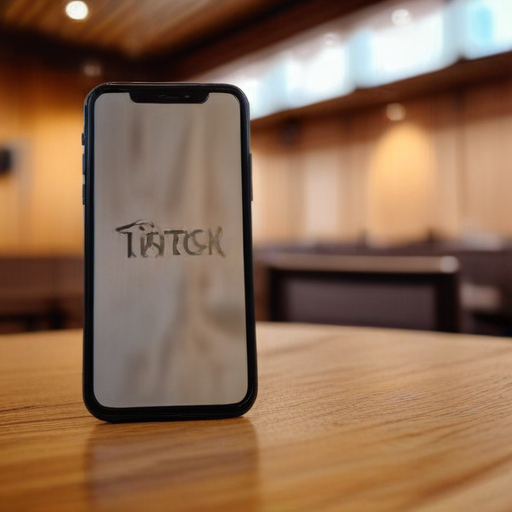Last week, the Supreme Court engaged in critical discussions surrounding TikTok v. Garland, a landmark First Amendment case brought forth by TikTok and its users. This case challenges a law passed by Congress that could effectively prohibit the popular app in the U.S. starting January 19. If the law is upheld, it would not only affect over 170 million TikTok users but could also compromise the constitutional rights of all Americans to engage in free speech and access information online.
The American Civil Liberties Union (ACLU) submitted a friend-of-the-court brief outlining that, according to the First Amendment, the government must provide substantial evidence of an imminent threat to national security before imposing a blanket ban on an entire communications platform. They argue the government has failed to meet these stringent requirements.
The controversial law would grant the president considerable authority to restrict Americans’ speech under the pretense of safeguarding national security. It would compel TikTok’s parent company, ByteDance, to divest the app or face an outright ban, and it could set a precedent for similar actions against other platforms owned by companies based in China.
The Department of Justice (DOJ) claims the law is intended to curb the Chinese government’s potential influence over content and prevent the unauthorized access of American data. However, critics highlight the lack of solid evidence supporting these assertions, making it difficult to justify such drastic measures under the First Amendment.
Concerns about foreign propaganda and the type of content seen by American users have been central to lawmakers’ arguments in favor of the ban. More than 20 legislators have expressed fears concerning the impact of foreign-controlled content on youth and the alleged suppression of pro-Ukraine narratives. Nonetheless, a key principle upheld by the courts is that the government cannot simply prohibit expressions it finds objectionable, especially in the absence of concrete harm.
Additionally, arguments aimed at protecting American data fall short. While TikTok does collect user data, critics note that this practice is not unique to the platform, and there has been no demonstration of actual harm arising from TikTok’s data collection practices. The assertion that a ban on TikTok would secure Americans’ data does not hold up against evidence that data can be purchased from various sources in the market.
Supporters of the ban occasionally undervalue its implications for free speech by suggesting that users could just switch to other platforms. This argument fails to consider the fundamental idea that the government lacks the authority to restrict a particular transmission medium based solely on content disagreements, a principle that underscores our freedom of expression.
The potential decision by the Supreme Court regarding this case extends beyond TikTok; it raises critical questions about the fundamental freedoms enshrined in American democracy. Upholding such a ban would not only threaten online speech but could also establish a worrying precedent for future governmental overreach involving national security claims.
Ultimately, the core of a democratic society lies in its commitment to freedom of expression, and it is vital that the Supreme Court takes a stand to defend it in this instance. Protecting the rights of individuals to communicate freely online is essential to preserving the liberties that define the United States.
